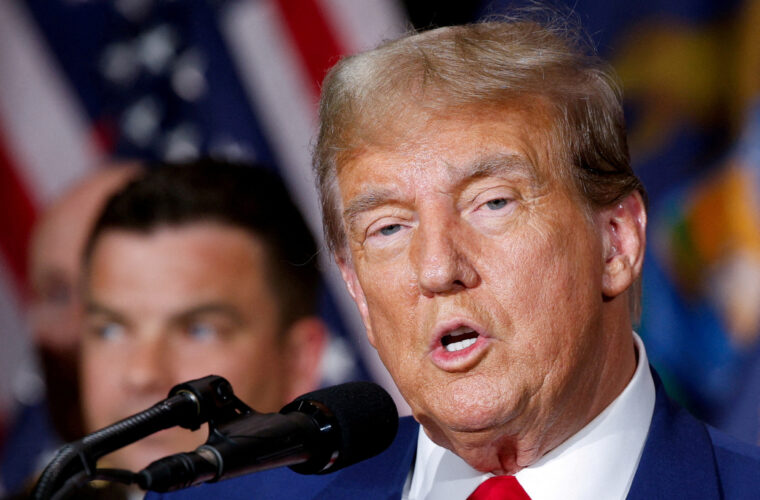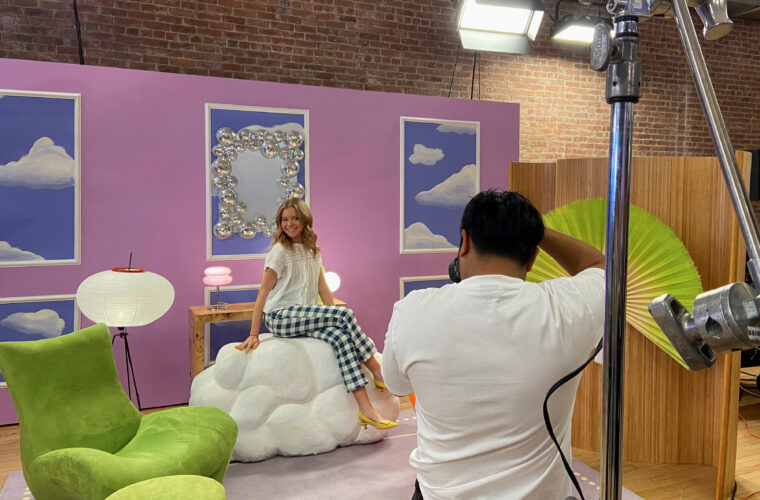Facebook temporarily postponed the plans for the development of “Instagram Kids”, a child-focused social media platform.
The new social media platform would be tailored for children 10-12 years old, and this has provoked strong reactions and criticism lately.
According to Facebook, the initial plan was to build a version of Instagram that is designed for tweens where parents can supervise and control their experience instead of relying on an app’s ability to verify the age of kids who are too young to have an ID. The company also said that other social media networks, like TikTok and YouTube, provide child-focused versions of their apps, for users under 13.
In the face of strong criticism and questions about Instagram Kids’ effect on young people’s mental health, the social network announced the delay of the development to build a more “age-appropriate experience” and improve the final product.
Child safety groups, consumer rights groups, regulators, and policymakers expressed their strong concern for a social media platform like this and argued that instead of protecting children, it will create fertile ground for social problems such as bullying and body shaming.
“Critics of “Instagram Kids” will see this as an acknowledgment that the project is a bad idea. That’s not the case. The reality is that kids are already online, and we believe that developing age-appropriate experiences designed specifically for them is far better for parents than where we are today” Adam Mosseri, the Head of Instagram, wrote in a blog post.
“Our intention is not for this version to be the same as Instagram today. It was never meant for younger kids, but tweens (aged 10-12). It will require parental permission to join, it won’t have ads, and it will have age-appropriate content and features. Parents can supervise the time their children spend on the app and oversee who can message them, who can follow them, and who they can follow. The list goes on” he added.

Parental supervision tools
At the same time, the company announced that it is working on the development of tools that will allow parents to “control” their children’s online presence on Instagram. These supervision tools will allow parents to oversee their kid’s accounts and to meaningfully shape teens’ experiences. No further details on these tools have been released at this time. However, as announced by the social network, the parental supervision tools would be expanded to teen accounts (aged 13 and over) on Instagram and more details will be known in the coming months.
“While we stand by the need to develop this experience, we’ve decided to pause this project. This will give us time to work with parents, experts, policymakers, and regulators, to listen to their concerns, and to demonstrate the value and importance of this project for younger teens online today” said Mosseri.
In recent years, Facebook has been the focus of negative criticism several times, facing allegations of anticompetitive business practices, misinformation content, use of hate speech, and privacy accusations. Journalists, civil society groups, regulators, and lawmakers around the world have heavily criticized Facebook’s effects on society, policy, and democracy.
Attorneys General from 44 US states are calling on Facebook to abandon its plans to build Instagram Kids, citing the harmful effects of social media on children. The Wall Street Journal published a story on Facebook’s research into teens’ experiences on Instagram, which has raised a lot of questions. According to WSJ Instagram has proven to be harmful to many teenagers and especially girls who have received the most harmful influence.
“To be clear, I don’t agree with how the Wall Street Journal has reported on our research. We research this so we can make Instagram better. That means our insights often shed light on problems, but they inspire new ideas and changes to Instagram” Mosseri underlined and as he explained “research also informs our work on issues like negative body image. We announced that we’re exploring two new ideas: encouraging people to look at other topics if they’re dwelling on content that might contribute to negative social comparison, and a feature tentatively called “Take a Break,” where people could put their account on pause and take a moment to consider whether the time, they’re spending is meaningful”.



